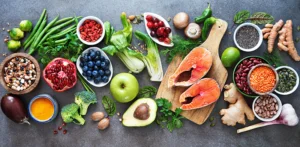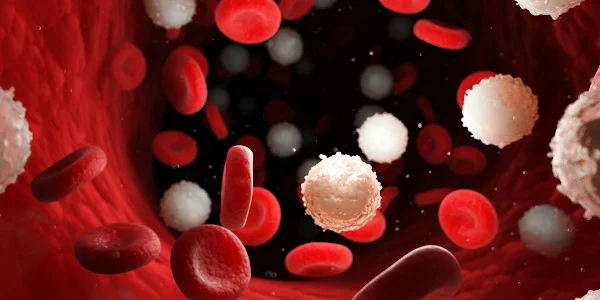Study lists 6 heart-beneficial foods that prevent hypertension and other cardiovascular diseases; see what they are.

After evaluating data from 245,000 people, researchers identified what cannot be missing from a heart-friendly diet.
To protect the heart and reduce cardiovascular risk, it is more important to regularly consume beneficial foods than radically cut animal fats.This is what a mega-study conducted by Canadian scientists at McMaster University, in Canada, and published in the European Heart Journal suggests.
Summary
The authors evaluated research carried out in more than 80 countries and found the benefit of this food in all regions of the world.
WHAT IS THE BEST DIET FOR THE HEART?
After evaluating data from 245,000 people, they found that a heart-healthy diet includes:
- 2 to 3 servings of fruits and vegetables every day
- 3 to 4 servings of vegetables weekly
- 7 servings of walnuts or chestnuts weekly
- 2 to 3 servings of fish weekly
- 14 servings of general dairy (except butter and whipped cream) weekly
According to the authors, when it comes to cardiac risk, people tend to think about cutting fat completely.
However, the study suggests that it is more important to prioritize items considered protective, rather than making drastic restrictions on animal fat. It is important to emphasize that this recommendation applies to healthy people – that is, those who do not have other cardiovascular risk factors.
WHAT TO EAT TO AVOID A INFARCTION?
“The study brought a new perspective by developing a healthy diet score based on six specific foods and showed that a diet with greater inclusion of fruits, vegetables, nuts, legumes, fish and dairy is associated with a lower incidence of cardiovascular disease ( such as acute myocardial infarction and stroke) and mortality”, says nutritionist Serena del Favero, from Hospital Israelita Albert Einstein.
“The inclusion of full-fat dairy products in the list of beneficial foods is new, suggesting that variety and moderation in the diet are essential for cardiovascular health”, informs the nutritionist, in an interview with Agência Einstein.
The researchers established the score for foods considered healthy using data from the Prospective Urban Rural Epidemiology (PURE) study, which includes 147,642 people from 21 countries, and replicated the findings in five other studies, totaling 245,000 people from 80 countries.
Each item considered beneficial for the heart received one point, and the values were crossed with data on cardiovascular events and deaths of the participants.
The analysis also took into account factors that could influence outcomes, such as age, sex, weight, smoking and diabetes.
People who had a diet with a score of 5 or more had a 30% lower risk of mortality and an 18% lower risk of cardiovascular disease.
WHAT IS GOOD TO EAT FOR THE HEART?
For those who do not dispense red meat or fatter dairy products, the recommended amount is a daily portion of milk and derivatives, which can be equivalent to a glass of milk, a pot of yogurt or one to two slices of cheese (approximately 45g, depending on type and thickness).
As for unprocessed meats, the recommendation is one daily portion, which represents approximately 85 grams, equivalent to a small steak of red meat or chicken.
Ultra-processed foods and sugar should be consumed in moderation.
The World Health Organization (WHO) suggests that daily consumption of added sugar does not exceed 10% of total calories. Ultra-processed foods, on the other hand, should not become a significant part of the daily diet, as it is known that excessive intake is associated with a greater risk of chronic diseases.
*With information from the Einstein Agency







